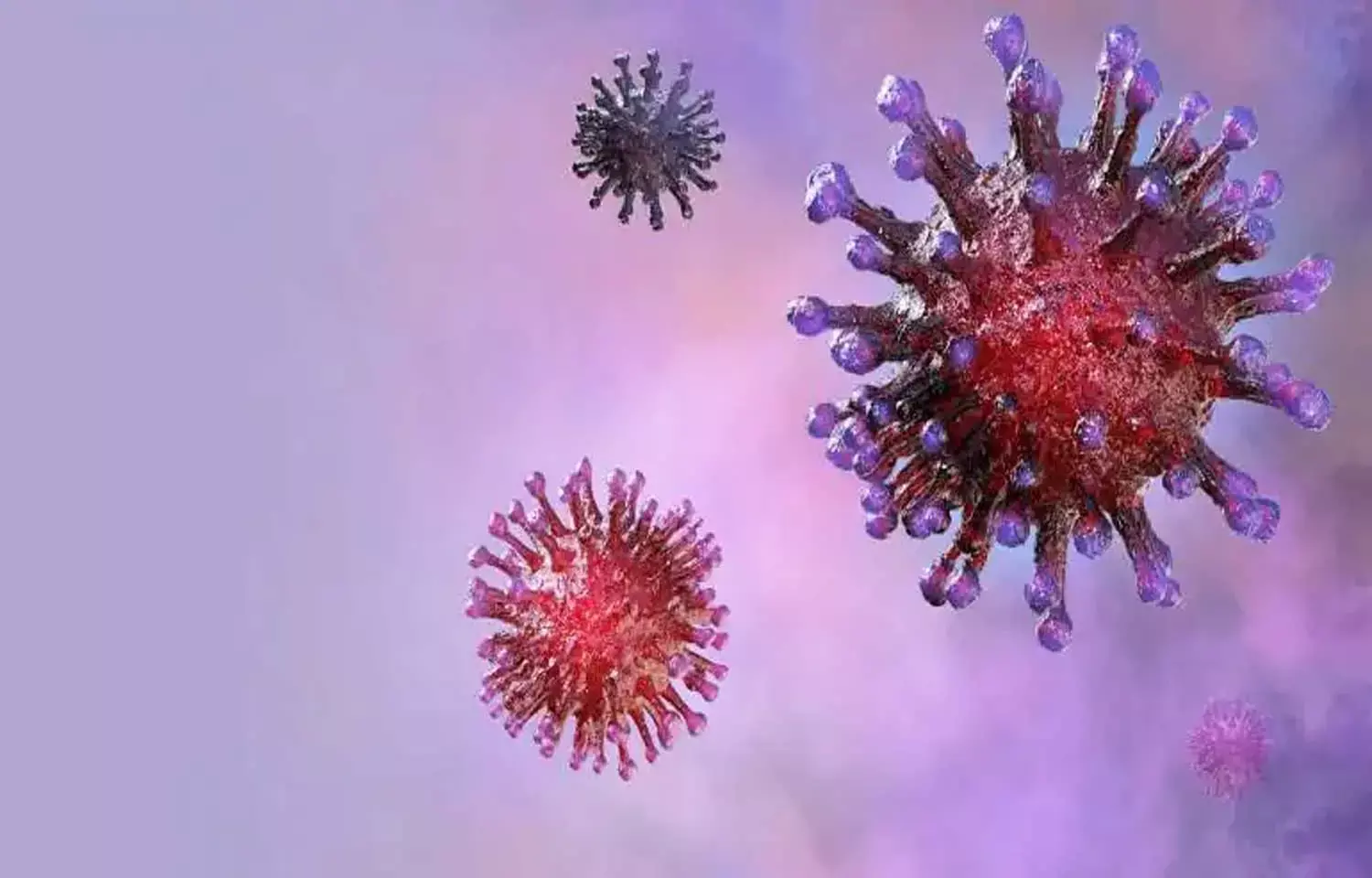- Home
- Medical news & Guidelines
- Anesthesiology
- Cardiology and CTVS
- Critical Care
- Dentistry
- Dermatology
- Diabetes and Endocrinology
- ENT
- Gastroenterology
- Medicine
- Nephrology
- Neurology
- Obstretics-Gynaecology
- Oncology
- Ophthalmology
- Orthopaedics
- Pediatrics-Neonatology
- Psychiatry
- Pulmonology
- Radiology
- Surgery
- Urology
- Laboratory Medicine
- Diet
- Nursing
- Paramedical
- Physiotherapy
- Health news
- Fact Check
- Bone Health Fact Check
- Brain Health Fact Check
- Cancer Related Fact Check
- Child Care Fact Check
- Dental and oral health fact check
- Diabetes and metabolic health fact check
- Diet and Nutrition Fact Check
- Eye and ENT Care Fact Check
- Fitness fact check
- Gut health fact check
- Heart health fact check
- Kidney health fact check
- Medical education fact check
- Men's health fact check
- Respiratory fact check
- Skin and hair care fact check
- Vaccine and Immunization fact check
- Women's health fact check
- AYUSH
- State News
- Andaman and Nicobar Islands
- Andhra Pradesh
- Arunachal Pradesh
- Assam
- Bihar
- Chandigarh
- Chattisgarh
- Dadra and Nagar Haveli
- Daman and Diu
- Delhi
- Goa
- Gujarat
- Haryana
- Himachal Pradesh
- Jammu & Kashmir
- Jharkhand
- Karnataka
- Kerala
- Ladakh
- Lakshadweep
- Madhya Pradesh
- Maharashtra
- Manipur
- Meghalaya
- Mizoram
- Nagaland
- Odisha
- Puducherry
- Punjab
- Rajasthan
- Sikkim
- Tamil Nadu
- Telangana
- Tripura
- Uttar Pradesh
- Uttrakhand
- West Bengal
- Medical Education
- Industry
India proposes BRICS consortium to tackle post-COVID challenges, NCDs as flagship programme

From the Indian side, key scientific institutions that participated include the DST, Department of Biotechnology (DBT), Indian Institute of Technology Delhi, All India Institute of Medical Sciences-New Delhi, Indian Institute of Technology Jodhpur, the Banaras Hindu University and the Delhi University.
New Delhi: India has proposed a BRICS consortium to address post-Covid challenges and tackling non-communicable diseases as a flagship programme during a meeting of scientists, officials and academicians from the countries in the bloc, the Department of Science and Technology said Thursday.
The members of the working group on Biotechnology and Biomedicine suggested future directions of research collaboration among BRICS countries in the areas such as antimicrobial resistance, long post-Covid challenges, complications including molecular pathogenesis of coronavirus, artificial intelligence, digital health medicine, non-communicable diseases and cancer among others.
Also Read: Researchers report stroke in young adults after COVID-19 vaccination
The five BRICS countries -- Brazil, Russia, India, China, and South Africa -- shared their experiences in fighting Covid-19 and their pandemic preparedness.
They presented their current work, their interests in joint funding areas, including opportunities for collaboration with other countries in the grouping, their strengths, milestones and achievements in the field of Biotechnology and Biomedicine, the DST said.
More than 60 participants, including researchers, academicians, and government officials from the BRICS countries attended the online meeting organised on May 25-26, it said.
"India proposed BRICS Consortium to address Post-COVID challenges, tackling non-communicable diseases as a flagship programme whereas Russia proposed Sustainable Agro-biotechnology for Healthy Food and Nutrition, advanced Virtual Reality assisted technology for neurorehabilitation. China proposed flagship on Cancer research as flagship programme," the DST said in a statement.
The meeting was sponsored by the Department of International Cooperation, Ministry of Science and Technology (MOST), China and was organised by the China National Centre for Biotechnology Development.
From the Indian side, key scientific institutions that participated include the DST, Department of Biotechnology (DBT), Indian Institute of Technology-Delhi, All India Institute of Medical Sciences-New Delhi, Indian Institute of Technology-Jodhpur, the Banaras Hindu University and the Delhi University.
Key institutions from BRICS countries that participated in the meeting included The Tianjin Medical University Cancer Institute and Hospital, Tianjin, China, Peking University, China, International Centre for Genetic Engineering and Biotechnology, China, Department of Science and Innovation, South Africa, S Kolovo Institute of Science and Technology (Skoltech), Russia, Federal University of Rio de Janeiro, Brazil, Ministry of Health, Brazil, South African Medical Research Council (SAMRC), South Africa.
The Indian side was led by Sanjeev Kumar Varshney, Advisor and Head, International Cooperation Division, DST. He reiterated Indian commitment for co-investment of resources, including funding for supporting BRICS multilateral projects, the statement said.
This meeting was part of BRICS Science, Technology and Innovation Calendar of Activities 2020-21 adopted by all BRICS countries.
India has assumed the BRICS Presidency from January.
About 100 events including ministerial level meetings, senior official meetings, and sectorial meetings/conference will be organised as part of BRICS 2021 calendar, the DST added.
Also Read: Russian COVID vaccine could be produced in China, India: Putin
Medical Dialogues Bureau consists of a team of passionate medical/scientific writers, led by doctors and healthcare researchers. Our team efforts to bring you updated and timely news about the important happenings of the medical and healthcare sector. Our editorial team can be reached at editorial@medicaldialogues.in.


